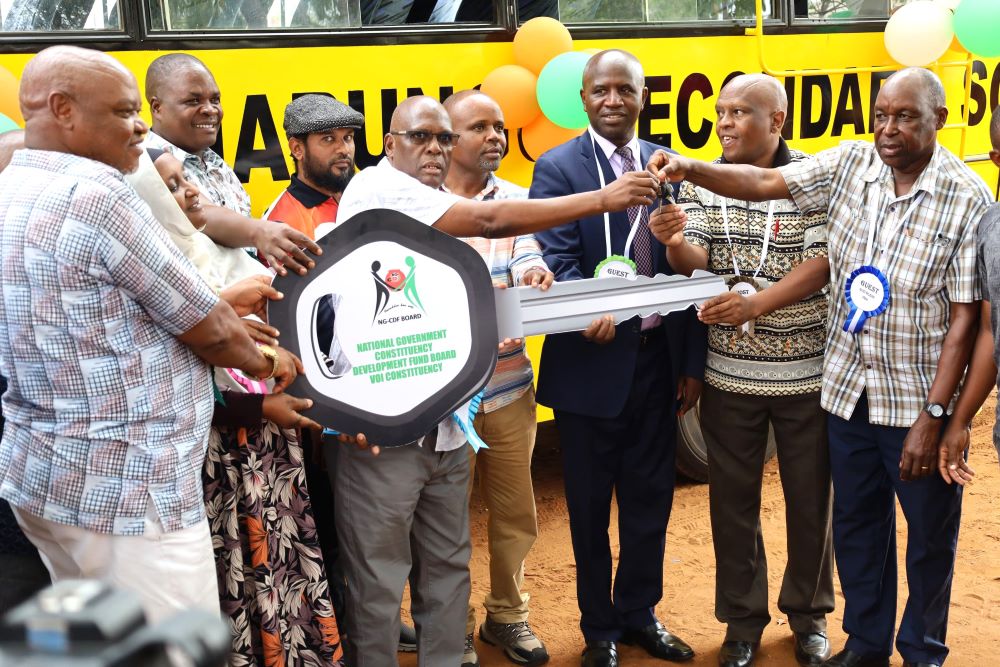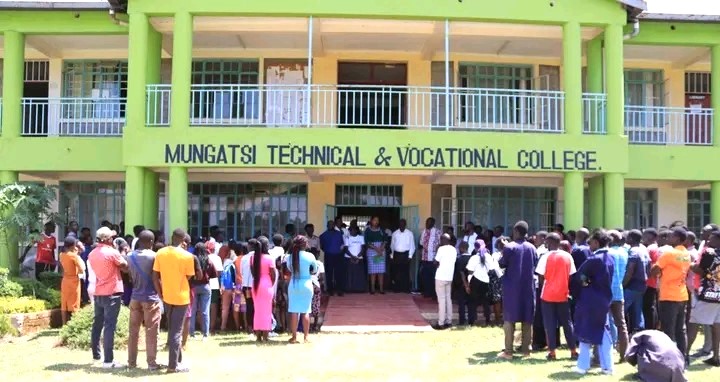In the book The KCSE Masterclass Blueprint, Paul Wanyonyi cites reasons why some secondary schools register poor performance in KCSE.
These reasons include failure to launch the Form Four programme in the nick of time, poor planning, failure to address emerging trends in setting and marking of national exams, lack of teamwork in the school, poor exam preparation strategies, failure to nurture character in candidates, failure to help weak candidates prop up their performance, failure to train candidates on the art of examination and embracing success-limiting policies as well as poor finishing power.
We cannot fix poor performance by compromising on exam integrity. Instead, we should focus on fair play because short cuts are always wrong cuts.
School heads should swing into action and launch the form four programme in time. They should
constitute and consolidate a formidable Form Four dream team to implement the rigorous academic programmes in the candidate class. There should be a periodic review of the programme.
Failure to plan is planning to fail hence principals should have plausible plans in place to help achieve peak performance. Schools should develop Academic Action Plans (AAPs) every term. They should embrace episodic revision model, develop timetables for every puissant programme and have periodic review sessions.
To address emerging trends in setting and marking of KCSE, schools should study and impressively implement the recommendations pointed out in the KNEC reports. Teachers should be ready to attend seminars and workshops, so that they keep abreast with the trends in their subjects of specialisation. Candidates should be encouraged to revise and review plenty of past papers.
Consequently, lack of teamwork invites final dismal failure hence school heads should foster teamwork and encourage the staff to demonstrate it.
In the 17 Indisputable Laws of Teamwork, Dr. John C. Maxwell posits that for a dream to materialize there must be teamwork. The dream is the overall mean score the school yearns to scoop. The dream is the career every candidate longs to pursue after high school. Ipso facto, teamwork comes through bonding and team building sessions and can also be achieved through inter-departmental bench-marking meetings.
Exams require a lot of academic and psychological preparation. When students adequately prepare for exams, they hardly succumb to psychological challenges like exam fever and panic.
Teachers should ensure there is effective content delivery and mastery and memory enhancement strategies. In deft management of candidate class, schools should teach, test and focus on remedial and revision.
Candidates should be compelled to go the extra mile. They should sacrifice and pay the price for good grades because precious things are products of pressure.
Without character and discipline of execution, candidates fail and fall flat. Therefore, schools should focus on programmes that lead to holistic character-formation. In order to awaken their moral and spiritual consciousness, school heads should strengthen spiritual programmes. There should be deft departments of Guidance and Counselling. The office of Deputy Principal(s) should ensure that discipline prevails.
In actual sense, every candidate class has the head, body and tail. Schools that want to lead the academic queue must push or fatten the head as they cut or reduce the size of the tail.
In most cases, schools focus on high achievers but forget about the aspiring achievers.
Taking the analogy of a snake, when you want to kill it, you hit the head but if you want to confirm whether it is indeed dead, you touch the tail.
This is the reason schools should come up with stupendous strategies that can prop up weak candidates. They should fill learning gaps. There should be ability grouping and data-driven decision-making. There should be more remedial lessons, more consultations blended with active and productive group discussions.
In fact, secondary schools that want candidates to evince academic excellence should focus on the art of examination. The unique technique is, after completion of syllabus, teachers should schedule subject-based seminars and symposiums. They should invite guest examiners and experts to polish pale parts.
The central plank of teaching the art of examination is to run an in-depth examination system. Candidates should know the trends in setting and marking of exams. They should know marks allotted to every question, points required and grievous goofs that invite penalties.
Likewise, they should know how to plot work on paper, areas they can scoop free marks and be sensitised on the format of exam papers. Ostensibly, schools that shine as stars in exams help candidates to finish the race with great grace, strength and stamina.
Finally, candidates should work on Strengths, Weaknesses, Opportunities and Strengths (SWOT Analysis).
The writer rolls out academic talks. He builds the capacity of teachers on Best Academic Practices.
By Victor Ochieng’
vochieng.90@gmail.com






